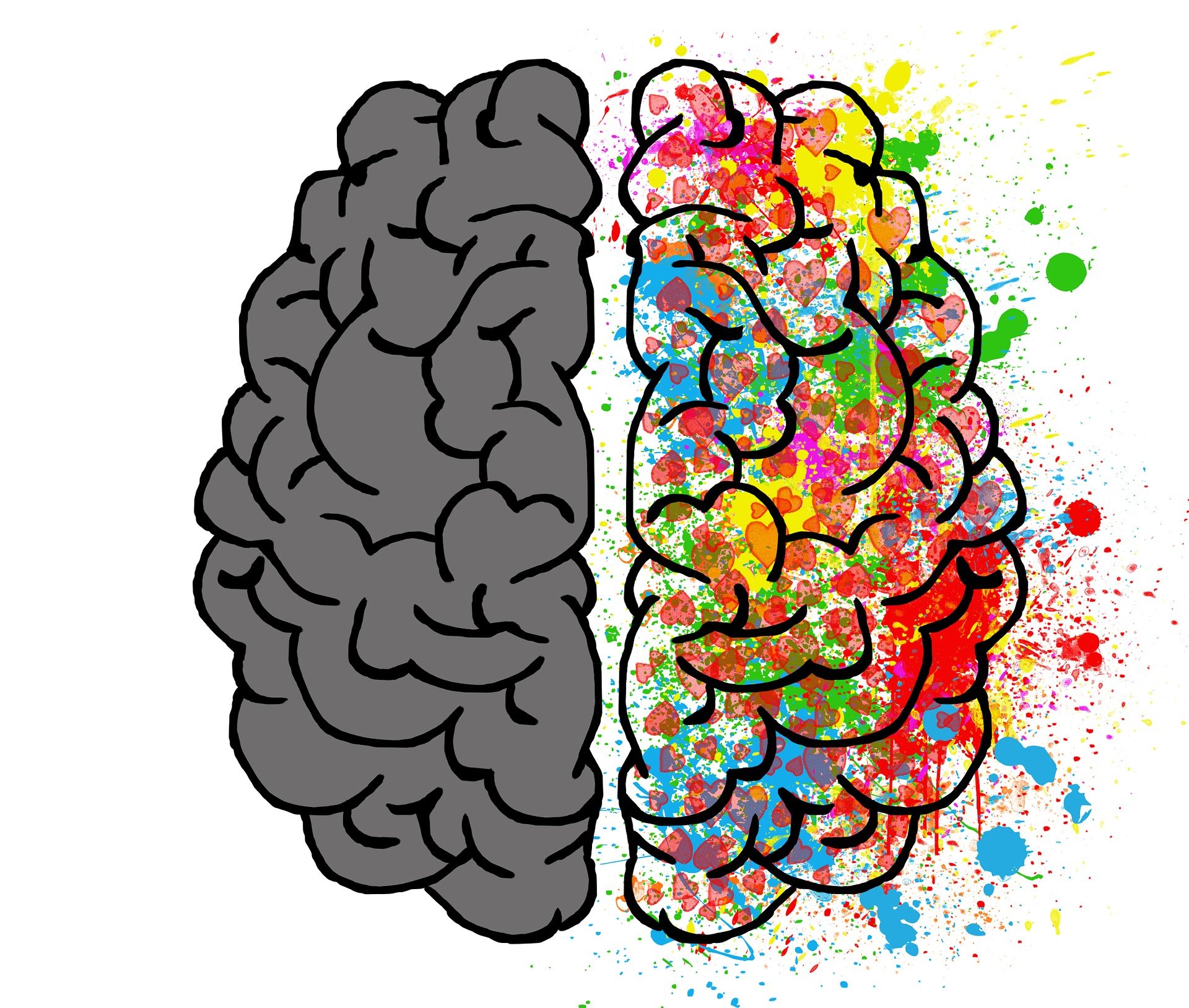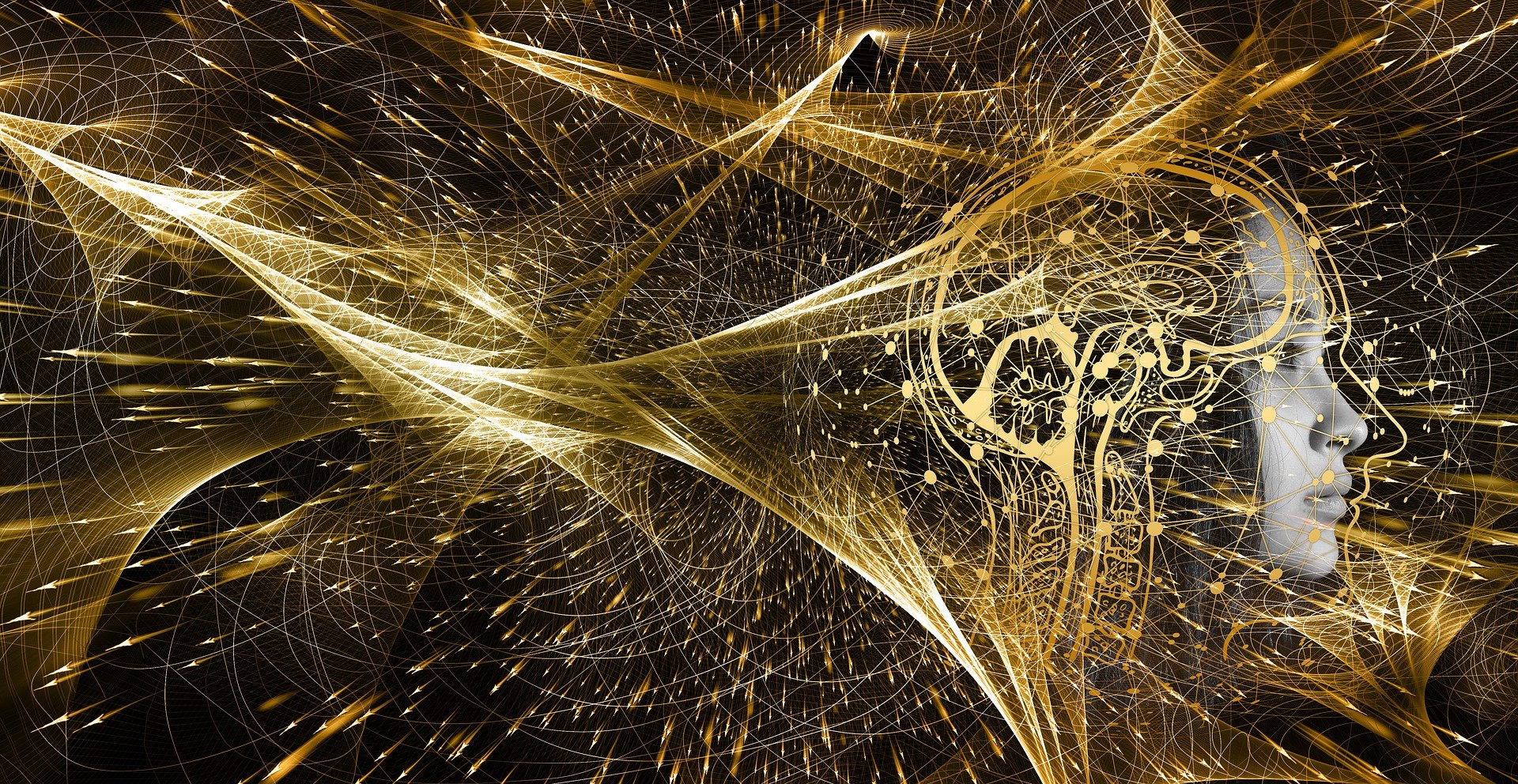Let’s talk about the benefits of decluttering from a physical and digital perspective at home and at work.
We can all be so busy in our work that we can fail to see how much clutter we have around us! Unless you work for a corporation that has clear rules about tidy workspaces or you’re a very disciplined person, the likelihood that you would benefit from a declutter is high.
Here are some eye-opening clutter related statistics:
- The National Association of Professional Organizers reports we spend one year of our lives looking for lost items.
- According to the National Soap and Detergent Association, getting rid of clutter would eliminate 40 percent of housework in the average home.
- Stephanie Winston, author of The Organized Executive, estimates a manager loses 1 hour/day to disorder, costing the business up to $4,000/yr if earning $35,000/yr – or $8,125/yr at $65,000).
Having said that some creative individuals may benefit from a certain amount of mess. After all, it is said that it can act as an external stimuli for the creative juices.
Let’s look at some real benefits from decluttering:
Increased Confidence and Self-efficacy
According to Alice Boyes, Phd, decluttering creates a sense of confidence and self-efficacy. The actual act of decluttering means that you have to utilise your decision-making skills, what to keep, what not to keep, where to put things etc. And most of these decisions will be rapid in the making, therefore enhancing your skill in that area which will give you more confidence.
Gain More Time & Focus
According to the Harvard Business Review information workers can lose up to two hours a week fruitlessly searching for lost digital documents. HBR also states that scientists at the Princeton University Neuroscience Institute have used fMRI and other approaches to show that our brains like order, and that constant visual reminders of disorganization drain our cognitive resources and reduce our ability to focus.
Free Space in Your Mind
Physical & Digital Clutter leads to mental clutter. A cluttered mind can also lead to all sorts of problems, not least:
Mental Overload
Lack of Productivity
Procrastination
Obesity
Fatigue
Incapacitating clutter doesn’t stop at what surrounds your computer and workstation. It’s also the digital files within it. Unnamed files are taking up space on your hard drive, and you have no way to find them and on top of that, you’ll probably have countless bookmarks in your internet browser folders?
Do you have alerts from news sites popping up in live time? Do you stop what you’re doing because you’re intrigued?
Maybe it’s time to rethink your productivity strategy!
You see, everything we’ve mentioned takes up space, space in your workspace, your home, your electronic files, and more importantly, space in your brain!
Interestingly, David Tolin, Ph.D., adjunct associate professor of psychiatry and his team of researchers at the Yale School of Medicine conducted a study of hoarders and non-hoarders. Tolin and his colleagues asked three groups of people—hoarding disorder (HD) patients, obsessive-compulsive disorder (OCD) patients, and healthy controls—to bring in a pile of junk mail from home. Each piece was photographed, as were pieces of mail supplied by the lab. As the subjects lay in an MRI machine, they viewed photos of their own and the lab’s mail, then decided whether each item should be kept or shredded. The researchers tracked their brain activity throughout.
What they found was pretty astonishing.

Compared with the other groups, HD patients experienced abnormally low brain activation in the insula (a structure within the cerebral cortex) and in the anterior cingulate cortex (ACC) when they assessed the lab’s possessions. However, those same brain regions lit up like a Christmas tree in a hyperactive pattern when the HD patients assessed their own possessions. And of course, the HD patients chose to throw away far fewer of their own possessions than the other participants.
It may explain why hoarding is self-sustaining. If the hoarder is feeling a sense of pain when given the option to throw something out, they’re likely feeling a flood of relief when deciding to keep that item. Their accumulated items comfort them like a warm blanket.
According to June Saruwatari, author of Behind the Clutter, it’s not sufficient to tidy away by just pushing everything into a draw or cupboard, that’s just avoidance and creates mental clutter. You just haven’t dealt with where that clutter really lives or needs to go. If you don’t deal with it, it’s likely to play on your mind and cause some unnecessary stress.
Marie Kondo’s book, ‘The Life-Changing Magic of Tidying: A simple, effective way to banish clutter forever provides insight into this area. She claims that “The key to successful tidying is to tackle your home in the correct order, to keep only the things you really love and to do it all at once – and quickly.” This method has real merit and does not allow you time to overthink your decision of what to keep and what not to keep. While Marie Kondo is talking about the home, these principles may equally apply to your workspace.
What Can be Done?
I’ve mentioned a couple of resources, however, on a practical level I’m going to challenge you and as a result I’d love it if you would benefit from:
- Experiencing a reduction in your Stress and Anxiety
- Making it Easier to Focus
- Improving Your Sleep
- Boosting your Productivity and Creativity
- Discovering your Lost Treasures
- Ridding your Home or workplace, or both of Allergens
- Saving Money
- Having a space that’s Easier to Clean and Tidy
Here’s my challenge for you:
Commit to spending just 15 minutes per day decluttering your:
Physical workspace – tidy your desk or work bench, sort those post it notes, and put your tools away. Whatever your workspace consists of spend some time decluttering. You’ll feel better for it!
Digital workspace – sort through the mountain of emails, unsubscribe where necessary, limit your social media, check the groups you’ve signed up for and ask do they serve me well? Unfollow those that need unfollowing. Now take a deep breath, you deserve it.
How did you get on with this challenge?
If you’ve completed it to some extent, give yourself a treat and do let us know how you got on with a short comment below to encourage others.
When you’re done, and only if you’re really brave, post a photo of your home/workspace? Better still, maybe post a before and after photo?
I’m just off to tidy my desk.
Happy Decluttering!
Sources:
Behind the Clutter by June Saruwatari, author
Harvard Business Review: The Case for Finally Cleaning Your Desk by Libby Sander
Psychology Today – The Science of Willpower by Kelly McGonigal Ph.D.
Psychology Today – Alice Boyce Ph.D.
The Life-Changing Magic of Tidying: A simple, effective way to banish clutter forever by Marie Kondo
The Statistics of Clutter by Joshua Becker
The Organized Executive, by Stephanie Winston
National Association of Professional Organizers
Image credits:
Image by Gerd Altmann from Pixabay


